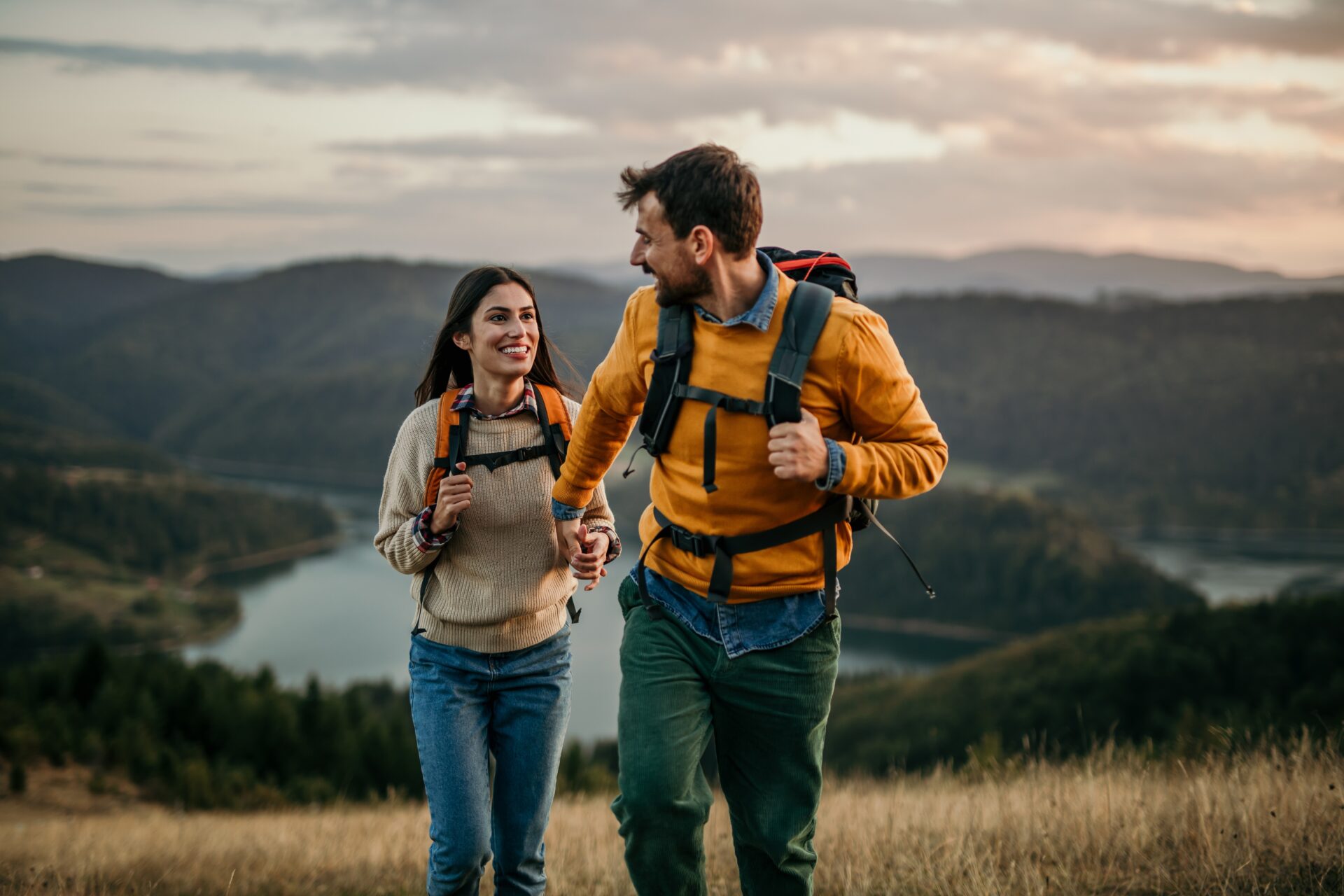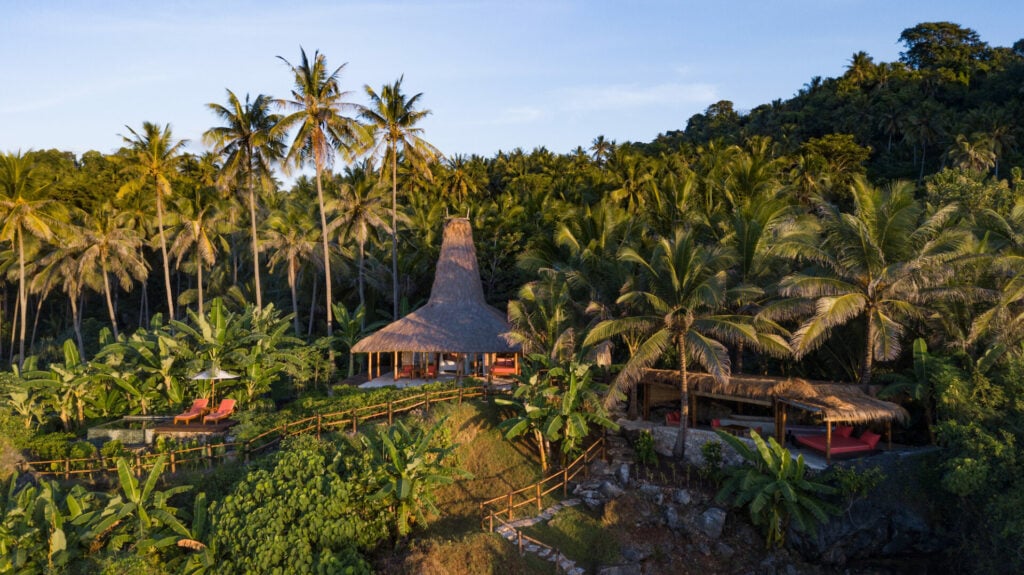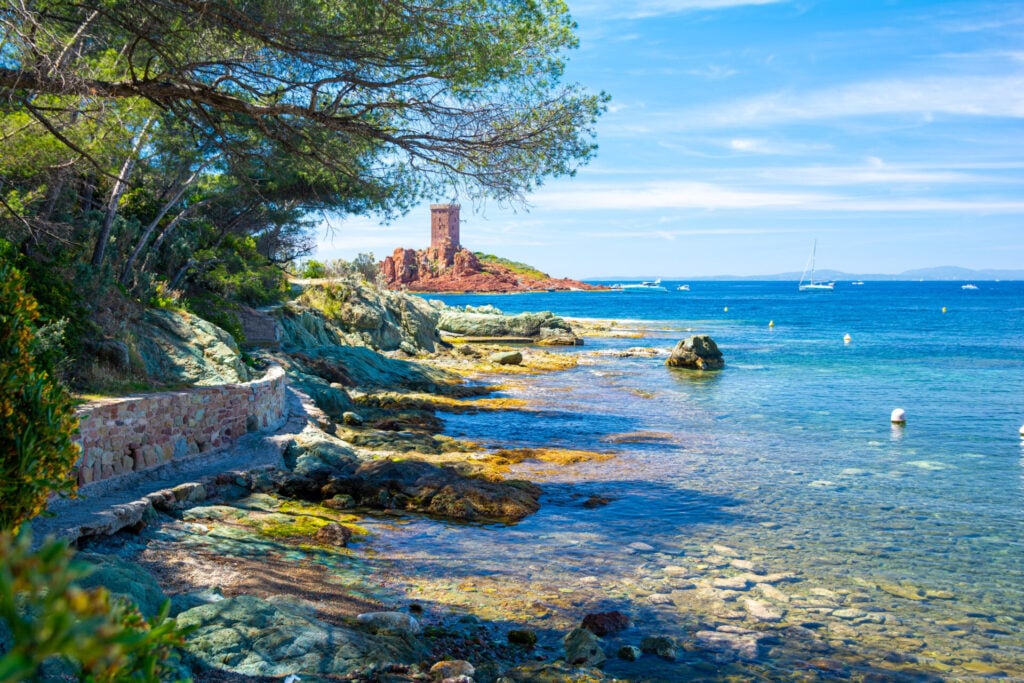Travel opens your eyes to new cultures, breathtaking landscapes, and unforgettable experiences. But there’s another bleaker side to the picture. As the global tourism industry continues to boom, so does the impact travellers leave behind. According to Statista, our thirst for adventure contributed to 6.5 per cent of global greenhouse gas emissions in 2024.
On a positive note, 84 per cent of travellers believe responsible tourism really can make a difference. Most of us want to travel more sustainably simply because it feels like the right thing to do. And as mindsets shift conscious choices like swapping short-haul flights for trains, choosing eco-certified hotels, booking tours run by local guides, or dining at family-owned restaurants, are becoming the norm.
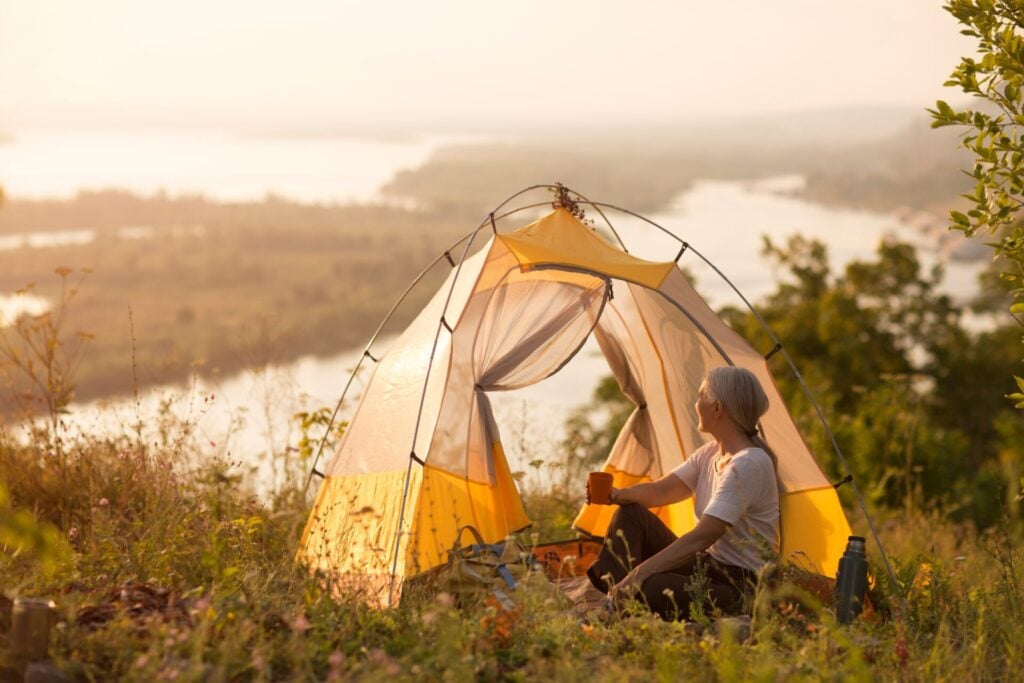
Responsible tourism is built on respect for the environment, local cultures, and future generations. It involves mindful decisions that minimise harm while ensuring the destination benefits socially, environmentally, and economically. Responsibility lies at the heart of tourism done right, with steps like following cultural etiquette and avoiding exploitation of wildlife.
While there are no shortcuts to responsible tourism, every traveller can make a difference. Here are a few things you can do to make sure all you leave at your destination, is your footprint.
Choose the Right Mode of Transport
Getting from one place to another is often where travel leaves its biggest mark on the planet. Air travel, in particular, is a major culprit. According to Our World in Data, aviation is responsible for around 2.5 per cent of global carbon emissions and has already contributed about 4 per cent to global warming to date.
While flying can be unavoidable, you can still make sustainable transport choices. Opt for direct flights not transfers, as planes use the most fuel during takeoff and landing.
When possible, consider trains and buses. Europe, Japan, and parts of Asia have high-speed trains that are efficient, comfortable and far more scenic alternatives to flying.
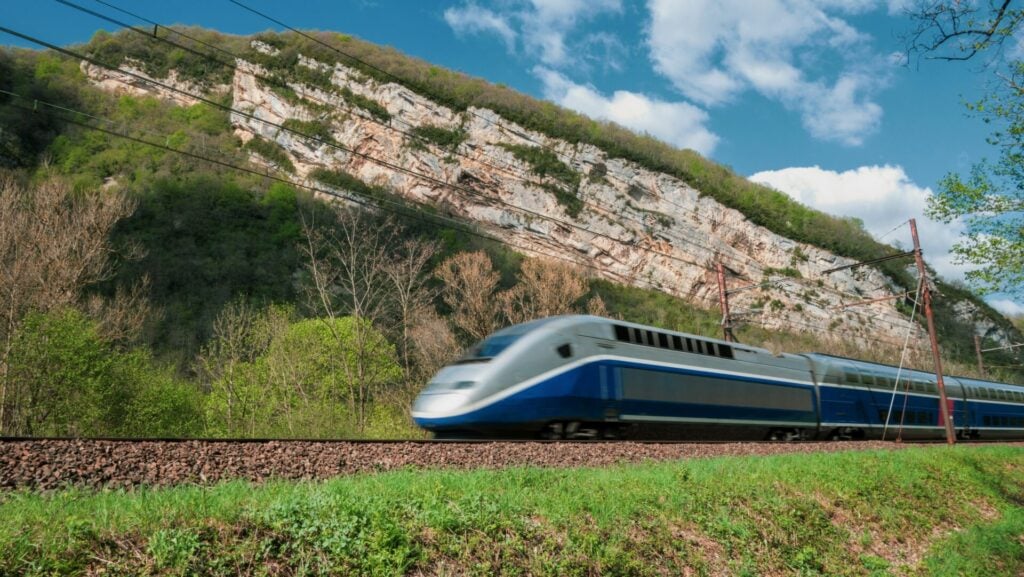
When exploring destinations locally, opt for walking or cycling. Besides cutting emissions, you’ll get a more intimate view of the local culture and environment.
If renting a car is necessary, opt for a fuel-efficient or hybrid model to help cut emissions. And remember, responsible travel isn’t only about sustainability, it’s also about safety. Sticking to speed limits reduces your footprint and the risk of accidents.
Take Arkansas, for example. Known for its scenic road trips, the state has also seen a 30 per cent rise in fatal accidents over the past decade, with an estimated $19 billion in related costs. If you’re planning to explore cities like Little Rock, be mindful of your speed and watch for reckless drivers.
A Little Rock personal injury lawyer can help victims claim adequate amounts to cover their physical, emotional, and financial losses – but prevention is always the better route. Staying alert behind the wheel is part of being a truly responsible traveller.
Look for Green Accommodations
Where you check in can shape the footprint of your trip just as much as how you get there. Some hotels and resorts are stepping up with real eco-credentials – from banning single-use plastics to running on renewable energy – while others barely scratch the surface. The trick is to look beyond glossy websites and book with the places that genuinely care about their impact.

Seek eco-certifications such as LEED, Green Key, and EarthCheck. Supporting locally owned lodges or guesthouses is an even better idea so your spending directly benefits the community not large corporations. Opt for small-scale stays rather than overcrowded resorts that often place pressure on local resources.
When you check a property, ask about energy and water use. Do they use renewable energy sources? Do they implement practices like water-saving showers? Are small things like glass bottles in place? Remember that every step matters.
Also, choose accommodation that respects its surroundings. Poorly managed beachfront resorts can cause serious harm, from sewage and chemical runoff that fuel algae growth and suffocate corals, to artificial lighting that disorients nesting turtles, and beach erosion that clouds reefs with sediment. What feels like a dream location can quickly become a nightmare for marine life.
Leave No Trace
As a rule, you should leave nothing behind except footprints. Unfortunately, this is far from true in most destinations. Increasing tourist numbers often mean overflowing trash cans, damaged hiking trails, and sensitive ecosystems ruined by neglect. Every traveller can do their bit to limit the ecological impact of tourism.
Small steps like using reusable bottles, bags, and containers can reduce plastic waste. Remember to dispose of waste properly, and if bins aren’t available, carry your rubbish until you find one. Stay on marked trails as straying off paths during hikes can damage plants, soil, and wildlife habitats.
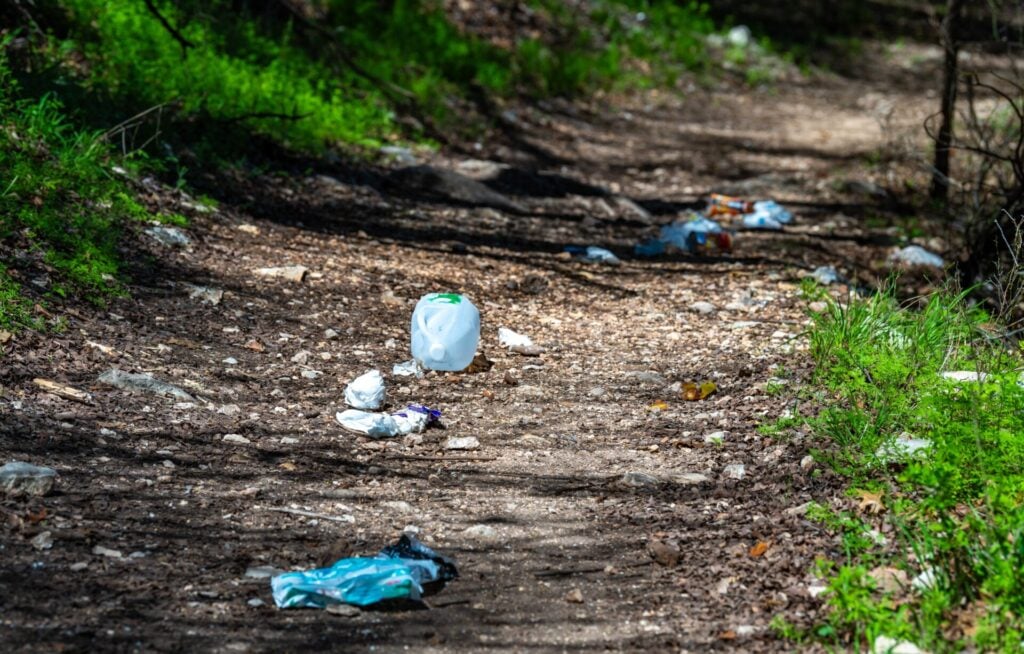
No matter how much you love to collect memoirs, avoid taking natural souvenirs. Seashells, rocks, and even flowers play integral roles in ecosystems. Removing them disrupts the natural balance. Be mindful of campfires. In sensitive areas, even small bonfires can cause long-term ecological damage.
Support Local
Supporting local businesses ensures your spending benefits the community you are visiting. Small local enterprises, such as shops, restaurants, guides, and artisans, often depend on tourism to survive. By choosing them over large chains, you’ll help to sustain livelihoods and preserve traditional skills. You also contribute to economic resilience in the region.
Embrace Slow Travel
The Good Trade has a simple definition of slow travel: staying longer at one destination rather than trying to see every country. The concept is about intentionality and connection, as it encourages tourists to immerse themselves in the uniqueness of their destination and its people.
Slow travel is also about exploring everything a place offers. You can use local markets and public goods. Cooking meals with local produce or using city buses creates authentic interactions with people and places. Take time for cultural exchange. You can learn the local language, join community events, or take part in traditions to enrich your travel experience.
Travel has the power to change us and the places we visit. Every choice we make, from how we get there to where we stay and what we leave behind, shapes the story of tourism’s future. By choosing responsibly, travellers can transform their journeys into supporting communities, protecting fragile ecosystems, and ensuring the beauty of the planet lasts for future generations.

